Labour and Material Payment Bonds
As a contractor, you understand the importance of completing each project without financial issues.
A labour and material payment bond provides you with the assurance that your subcontractors and suppliers will be paid for the work they perform and/or the materials they provide.
Learn why these bonds are crucial for the success of your projects, and how they ensure smooth completion.
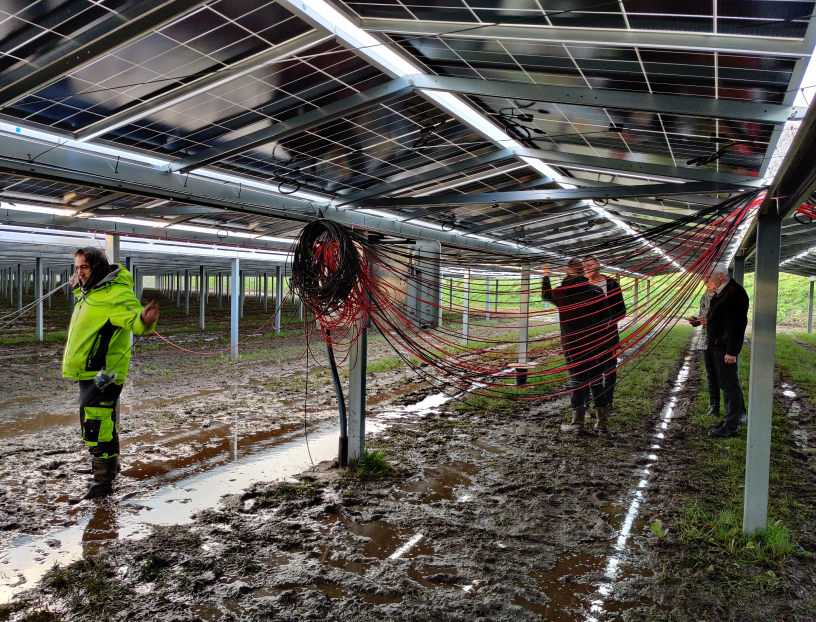
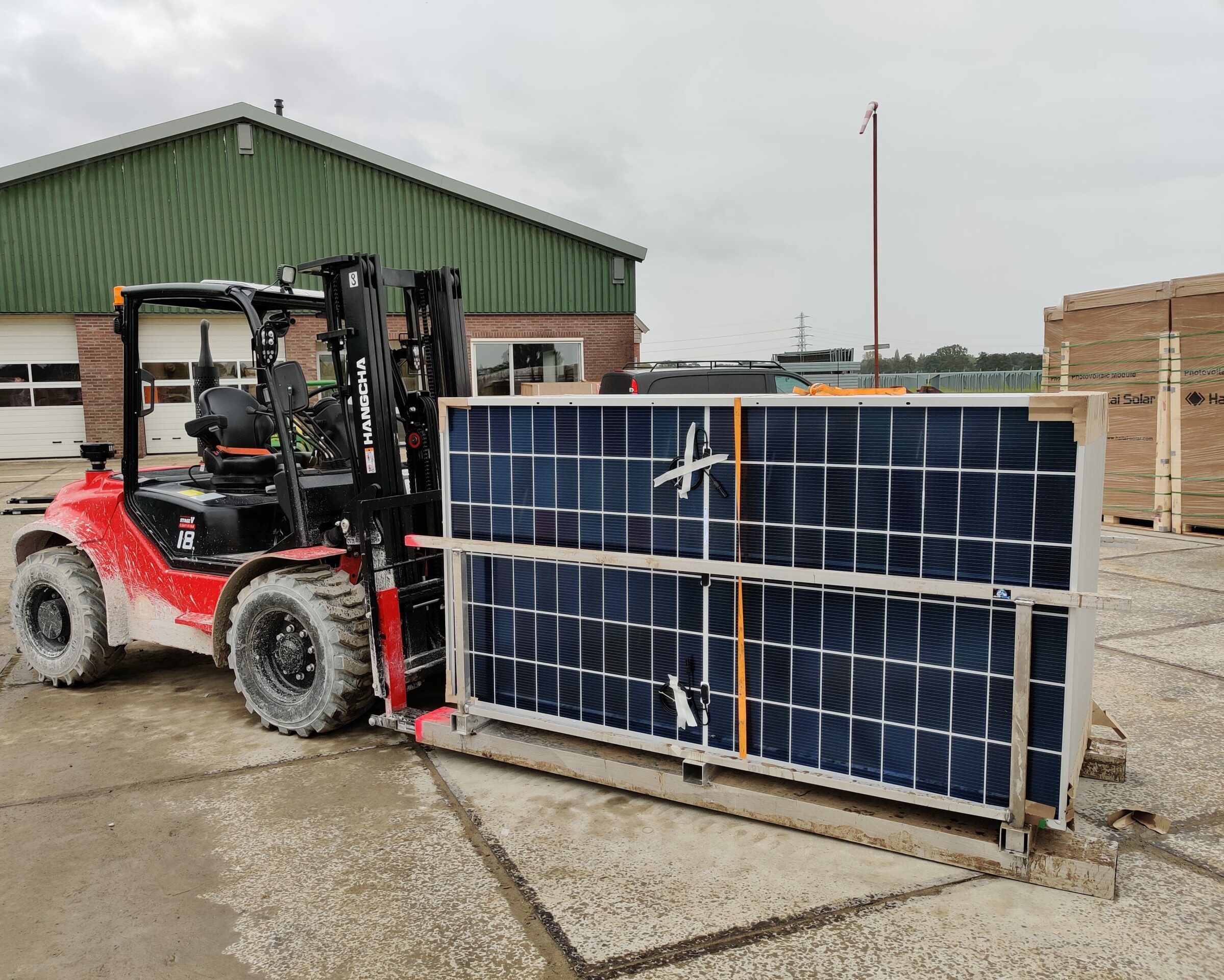
What is a Labour and Material Payment Bond?
A labour and material payment bond is a financial product that ensures a contractor pays their subcontractors, suppliers, and workers according to the terms of the contract.
If the contractor fails to make the agreed payments, the surety company that issued the bond will cover the outstanding amounts. The surety company will then seek reimbursement from the contractor.
This bond protects subcontractors, suppliers, and workers from the risk of non-payment by the contractor.
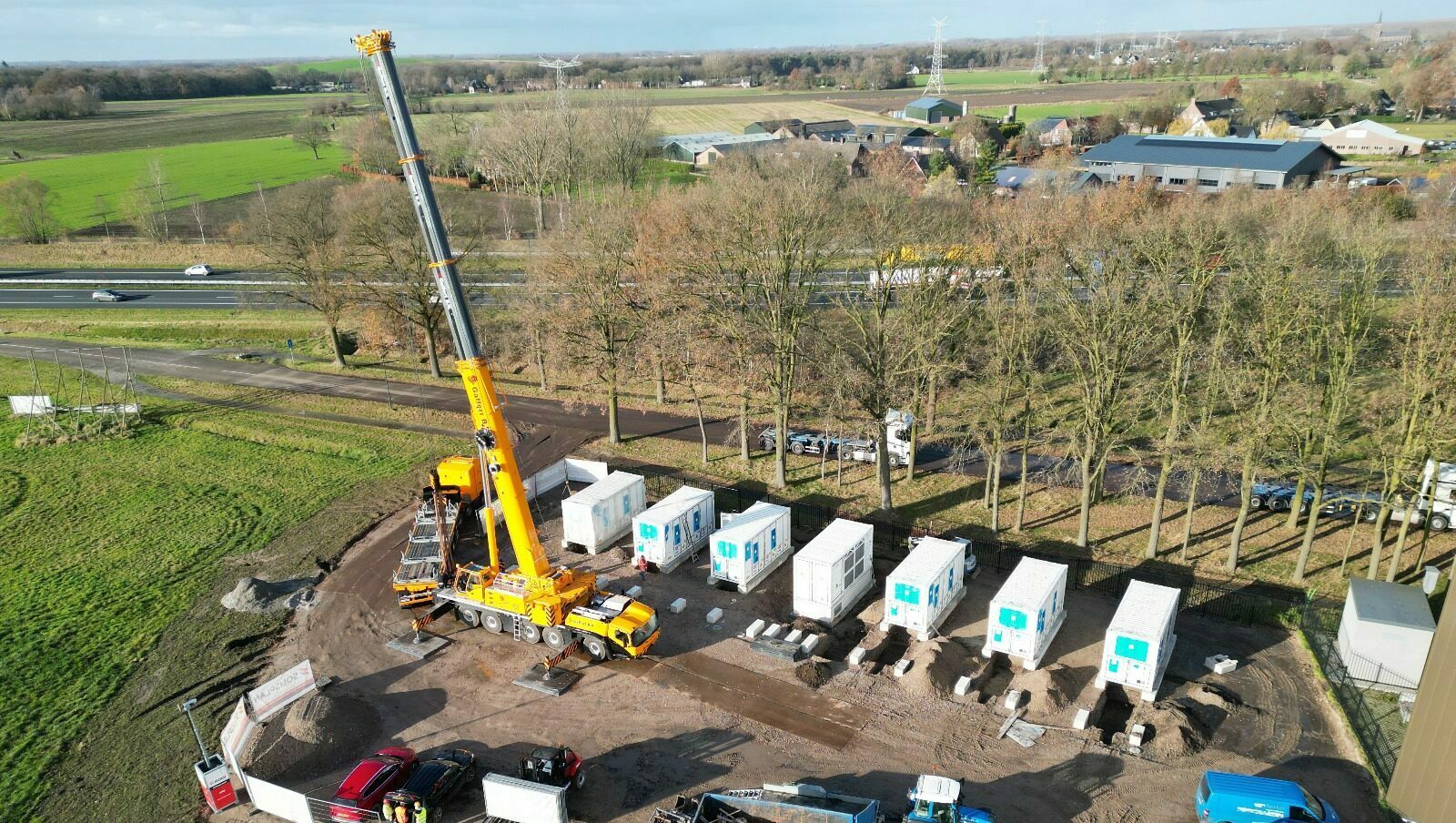
How Does a Labor and Material Payment Bond Work?
If a subcontractor or supplier is not paid by the general contractor, they can file a claim with the surety to receive payment. The surety will make payments to subcontractors and suppliers without much hassle.
This process is often much simpler than pursuing legal action.
A labour and material payment bond adds an extra layer of protection, ensuring payments to subcontractors, suppliers, and workers.

Why Are Labour and Material Payment Bonds Important?
Without these bonds, you risk subcontractors and suppliers not being paid, which can lead to delays, conflicts, and even legal issues.
With these bonds, you can be confident that payments will be made, giving you peace of mind and allowing you to focus on successfully completing the project.
A labour and material payment bond also demonstrates that you are a reliable general contractor. Subcontractors and suppliers will be more willing to work with you because they know their payment is guaranteed.
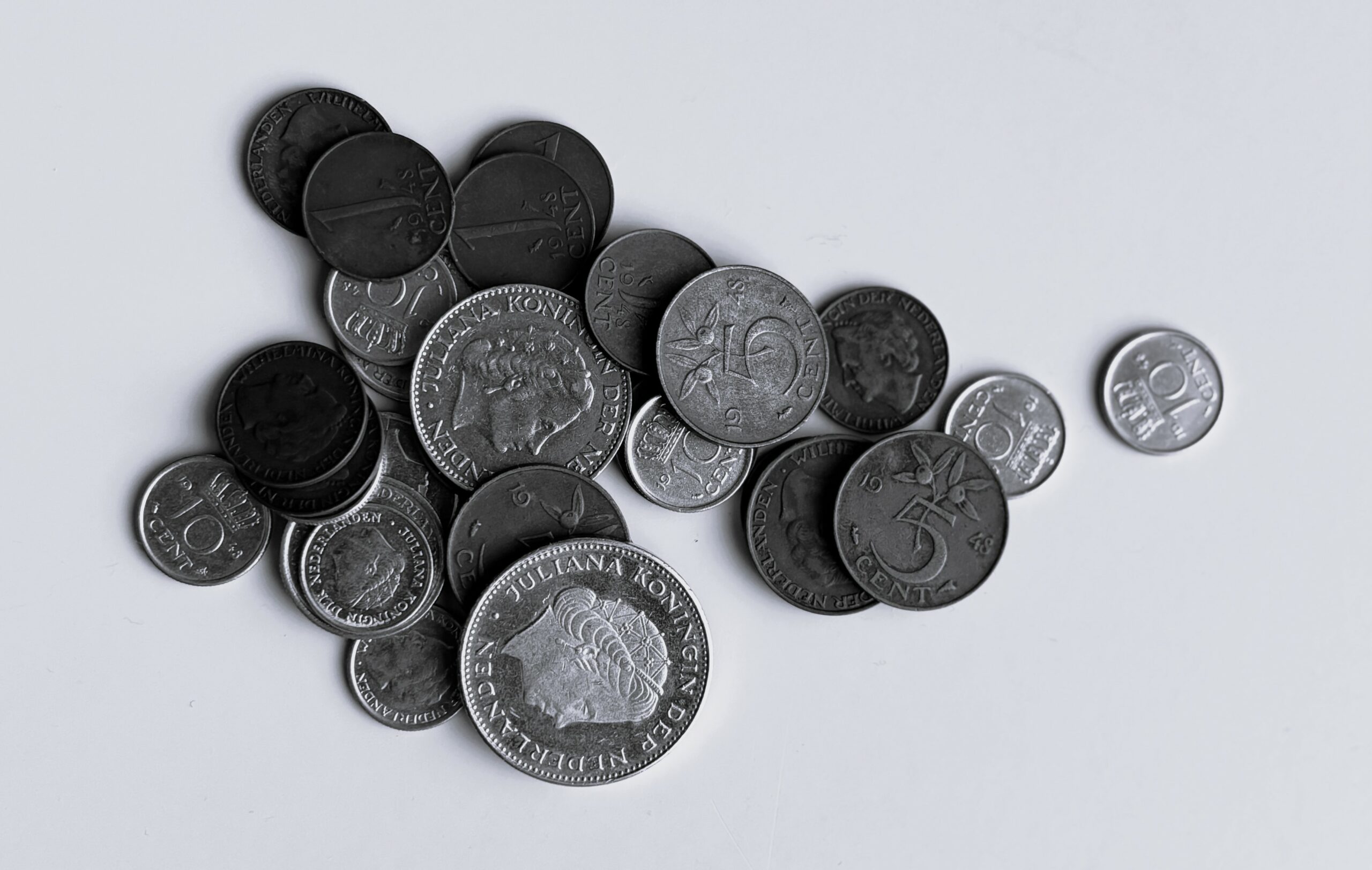
What Does a Labour and Material Payment Bond Cost?
The cost of a labour and material payment bond depends on various factors, such as the bond amount and the size of the project.
Typically, you will pay between 1% and 4% of the total bond value. A strong and financially healthy company can often secure a lower rate.
By providing this bond, you foster trust and safeguard smooth progression of the project.
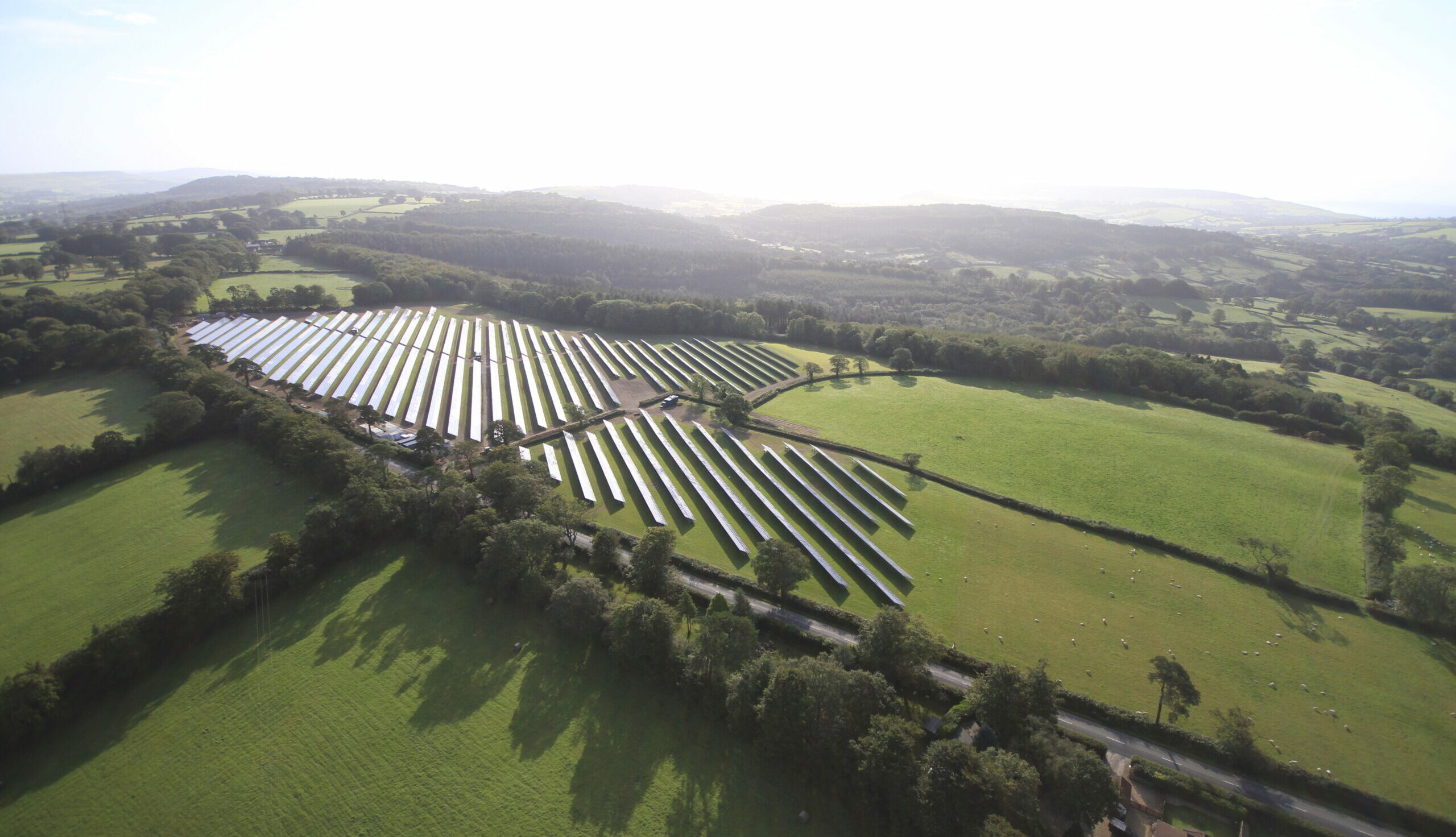
Example: Labour and Material Payment Bond for a Solar Park
A developer plans to build a large solar park and hires a general contractor to carry out the construction. The general contractor works with various subcontractors and suppliers to execute the project. These subcontractors and suppliers require assurance that they will be paid for their work and materials.
The general contractor could secure a labour and material payment bond before construction begins. This bond provides financial guarantee to the subcontractors and suppliers ensuring they will be paid even if the general contractor faces financial difficulties or becomes unable to pay.
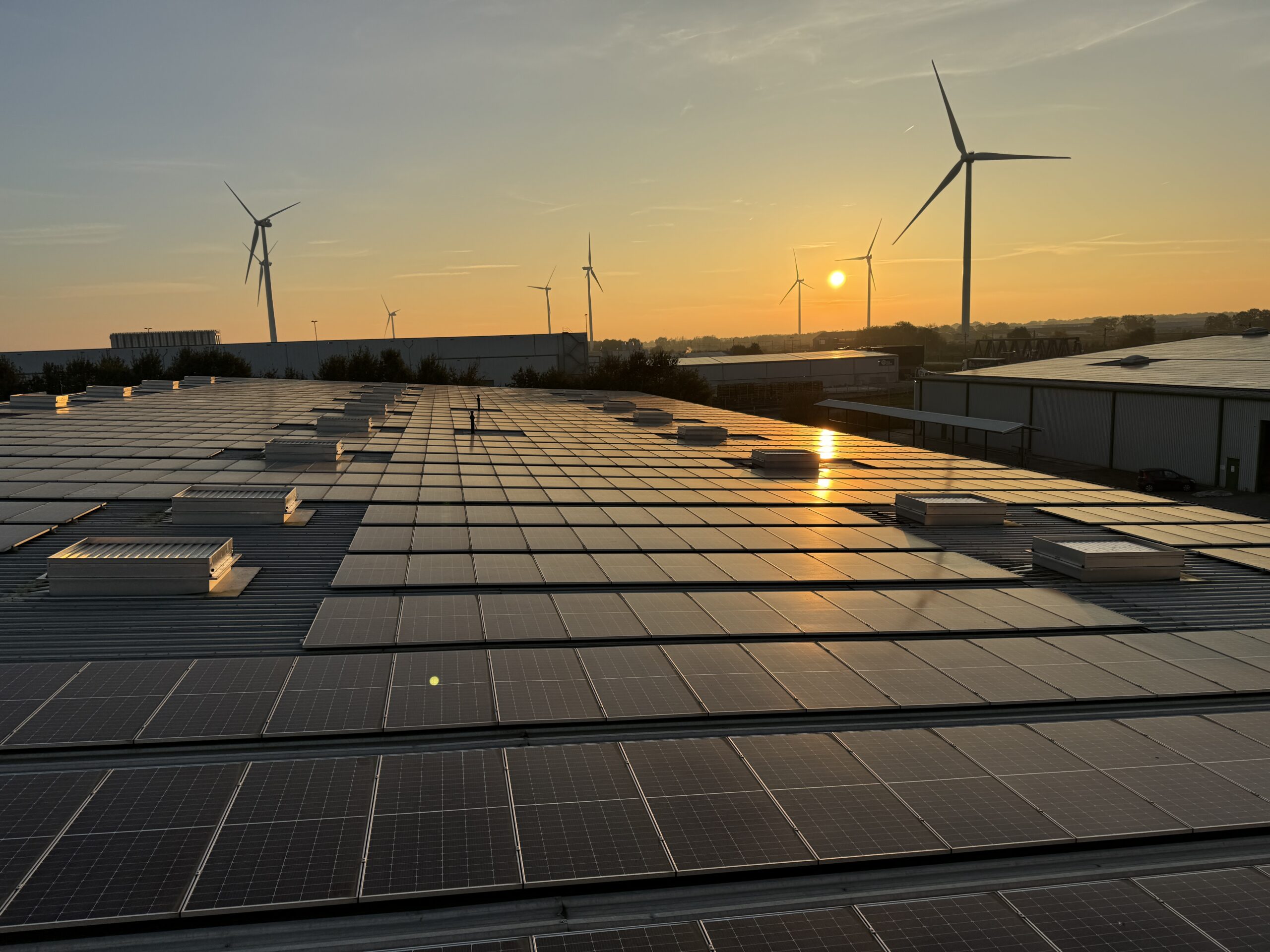
Key Features of Labour and Material Payment Bonds
Financial Security: The bond ensures that beneficiaries are paid even if problems arise.
Legal Requirement: Often required for government projects, essential for competing for contracts.
Enhanced Trust: Shows your financial strength, giving subcontractors and suppliers confidence to work with you.
Specified Coverage Amount: The bond covers a predetermined amount, so you know exactly what to expect.

Why Apply for a Labour and Material Payment Bond?
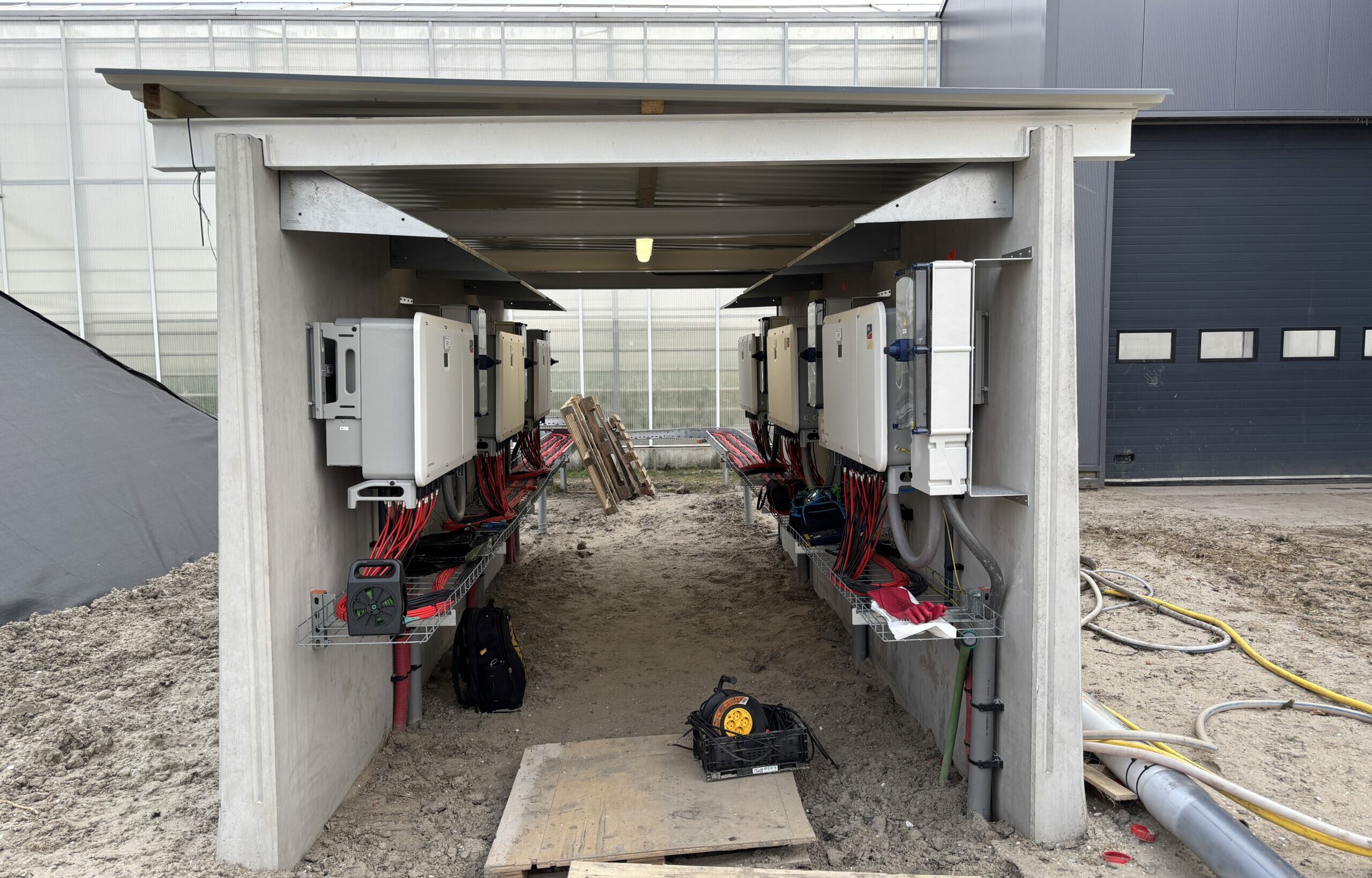
What is the difference between a Labour and Material Payment Bond and a Performance Bond?
A labour and material payment bond ensures that payments are made to subcontractors and suppliers, thereby minimizing the risk of non-payment by the contractor to these parties.
A performance bond ensures that the work is carried out by the general contractor as agreed, on time, and with the specified quality.
Together, these bonds cover both the financial and performance-related risks of a project.
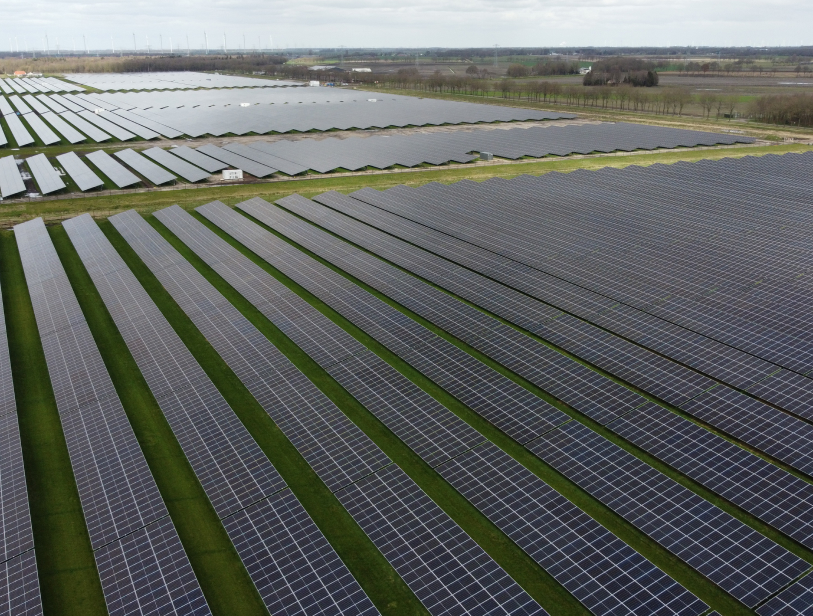
Important Additional Coverages!
In addition to construction bonds, it’s wise to insure against unexpected risks, both during and after the construction phase.
A Construction All Risks (CAR) insurance offers comprehensive coverage throughout the construction phase, while an Operational All Risks (OAR) insurance protects your project once it becomes operational.
Contact us today for more information and discover how we can help you cover all your risks.
Why Choose Solarif?
We offer tailor-made bonds that perfectly fit your project.
Discover how we can help.




